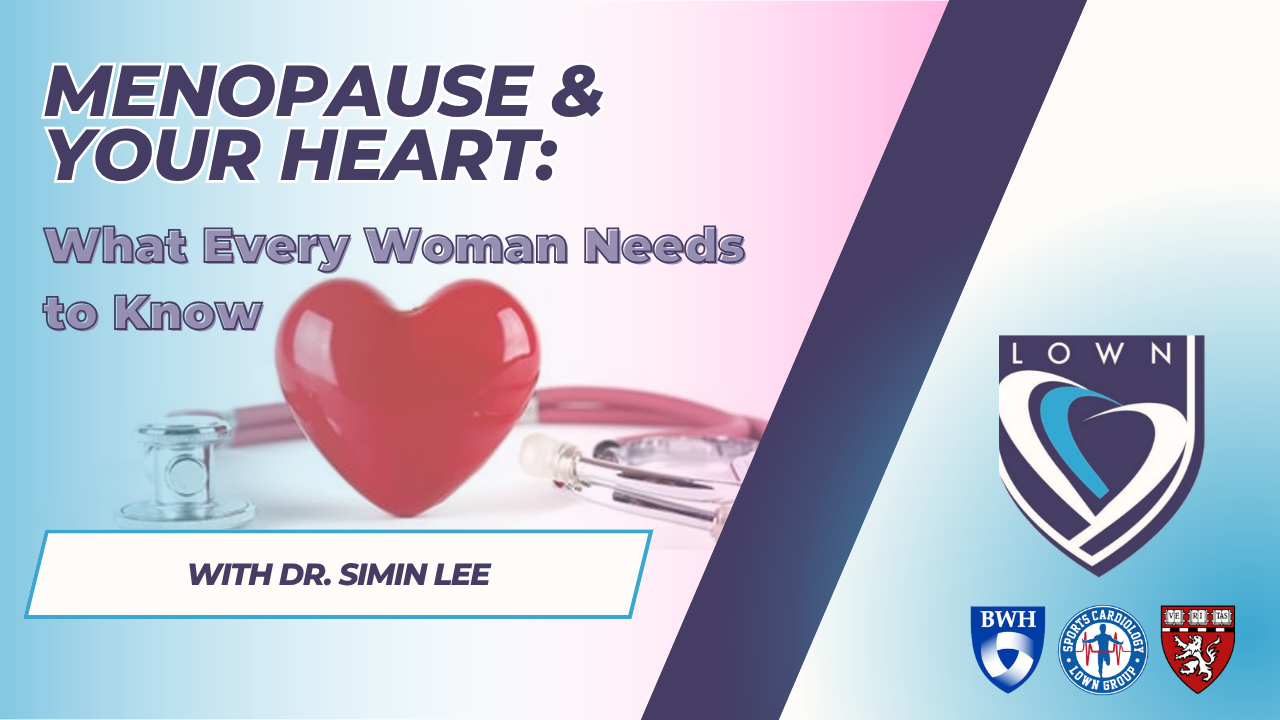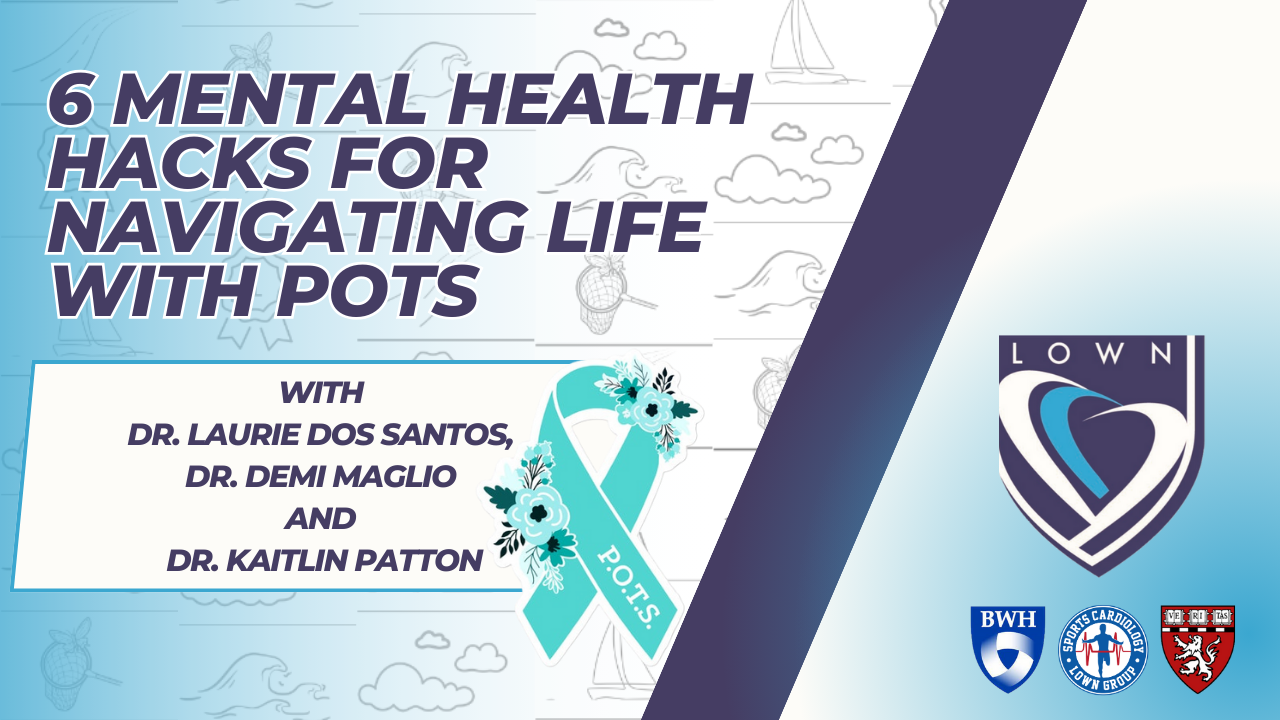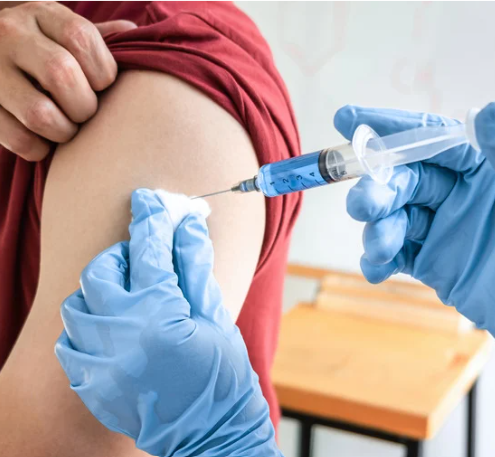How to Improve Sleep with Dr. Karen Lee
Getting a good night's sleep every night is vital to cardiovascular health. Please join us for an in-depth discussion on optimal sleep. We welcome Dr. Karen Lee, a sleep-medicine-trained neurologist, with a busy practice at Mass Eye and Ear and appointment at Harvard Medical School. Dr. Lee will review sleep recommendations, tactics to optimize sleep, treatments for insomnia, and when to see a sleep-medicine physician.
Follow up questions answered by Dr. Karen Lee
Q: Is there a specific brand of melatonin that you recommend?
A: Per my talk, a prescription would be optimal to control what is in the melatonin. But if you would still like to purchase over the counter, some recommended over the counter brands are: Natrol, Nature's Made, and Puritan's Pride. If you try a different brand ensure it is USP or NSF certified on the label.
Q:Is it normal to wake up about twice a night to go to the bathroom?
A: There is not a straight forward answer to this, as there could be several reasons why this occurs, that could range from normal to abnormal, based on what is leading to the night time urination. It is known that sleep apnea leads to sympathetic surges at night, that lead to the need to urinate. So often, I have patients that urinate once, twice, or more per night, and when their sleep apnea is treated, this completely resolves or improves, regardless of patient age. If you would like to better understand of your fluid intake could be contributing, you can do a trial of cutting off fluids a few hours before bedtime several nights and see if that has an impact.
Q: What can be done if the need for frequent urination interrupts sleep? Other then holding fluids after a certain time of night.
A: See above, as it is always important to ensure sleep apnea is not contributing. This is a frequent referral to sleep specialists from Urologists, as if there is a Urology work up and they cannot find a reason for night time urination (there are several such as over active bladder, or insufficient emptying, or prostate issues etc.,), then they refer to sleep medicine to ensure sleep apnea is not leading to this. You should also evaluate if there is an issue with just as frequent urination during the day, this can help be clue if this is just related to sleep, or a consistent issue during the day.
Q: What do you think about Trazodone?
A: I prefer FDA approved sleep aids, as these medication are formulated directly to help with sleep, and trazodone is not. It is an antidepressant that has a side effect of drowsiness. But it has some positive and negatives. Some negative besides using this medication for its side effects, is that it impacts serotonin, and they may be good or bad, depending on the patient and other medications they take and how they feel. It also tends to have a very long half life, so it very commonly leads to morning and/or daytime sedation or cognitive complaints. Another negative is that it can lead to an EKG abnormal finding of QT prolongation, so this needs to be initially checked and potentially monitored moving forward based on the patient. Pros are that it is less habit forming than some other sleep aids like Ambien. Another pro is that often it can help individuals fall asleep or stay asleep.
Q:Can you discuss how to improve sleep during menopause, with frequent hot flashes during the night? For women who cannot take hormones.
A: This is still an active field of research. Off label medication used for this from a sleep medicine perspective is Gabapentin at night. On the other hand, Ob-gyn often uses serotonin acting medications to help with hot flashes in general. The CBTI that I spoke about in my talk is usually felt to be the most helpful. Below is a nice article that summarizes some aspect of this topic:
https://womensmentalhealth.org/posts/managing-sleep-problems-in-menopausal-women-what-options-do-we-have/
Recent Blog Posts






